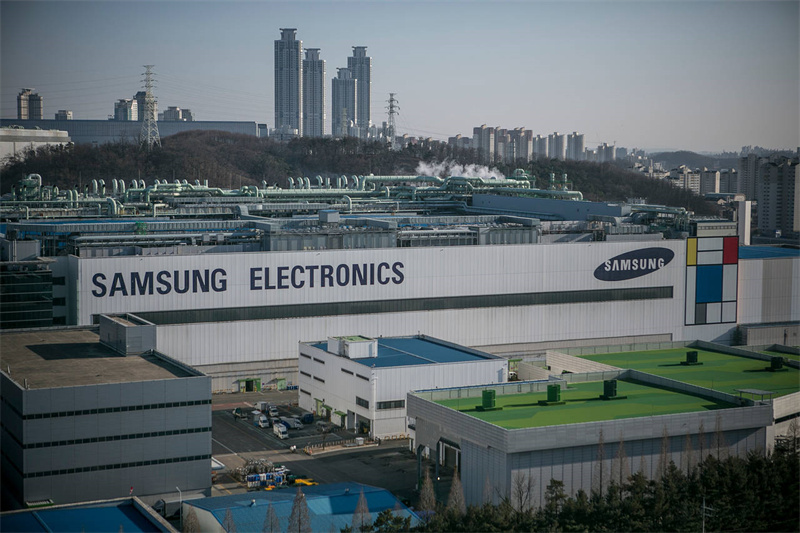A former senior executive at Samsung Electronics, Kim, has been sentenced to seven years in prison and fined 200 million won (approximately $138,879) after being convicted of illegally transferring Samsung's core semiconductor technology to ChangXin Memory Technologies (CXMT), a Chinese company. The ruling, handed down on February 19 by the Seoul Central District Court, marks the harshest sentence ever in a technology leakage case.
Kim, who had worked as a senior manager in Samsung's technology team, received Samsung's 18-nanometer DRAM process technology through insider sources. In 2016, he moved to ChangXin Memory and used the stolen information to help the company develop its DRAM manufacturing process. The court noted that the 18-nm DRAM technology was a core asset of South Korea's semiconductor industry, and its illegal transfer to China caused irreparable damage, with estimated losses reaching astronomical levels.
The court emphasized that Kim's actions not only disrupted fair competition but also severely impacted the long-term competitiveness of South Korea's semiconductor industry. Samsung Electronics had invested 1.6 trillion won in developing the 18-nm DRAM technology from 2012 to 2016, and the leak undermined years of technical expertise.
Alongside Kim, his accomplices, including Bang, a former employee at a Samsung partner company, were also sentenced. Bang received two years and six months in prison, while another individual, surnamed Kim, was given a one-and-a-half-year sentence. Some co-conspirators received suspended sentences.
In addition to leaking the 18-nm DRAM process technology, Kim and his colleagues are accused of transferring semiconductor deposition technology and other critical manufacturing processes to ChangXin Memory. The investigation revealed that Kim received illicit payments worth billions of won in return for his actions. The court stressed the severe harm done not only to Samsung but to South Korea's national competitiveness in the global semiconductor market.

ChangXin Memory, a latecomer to China's semiconductor industry, has since grown to become a key player in DRAM manufacturing, posing a significant challenge to Samsung's market dominance. As part of their investigation, authorities also uncovered that Kim had lured about 20 engineers from Samsung and its affiliates with substantial compensation to help develop the technology for ChangXin Memory.
The case highlights the ongoing tensions in the global semiconductor industry, where technology leaks, especially involving core manufacturing technologies, have become a significant concern. South Korean authorities, including the National Intelligence Service, have worked closely with prosecutors to investigate these leaks and prevent further losses to domestic companies.
The sentence reflects the seriousness with which the court views such violations and sends a strong message about the importance of protecting national technological assets in an increasingly competitive global market.
+86 191 9627 2716
+86 181 7379 0595
8:30 a.m. to 5:30 p.m., Monday to Friday
